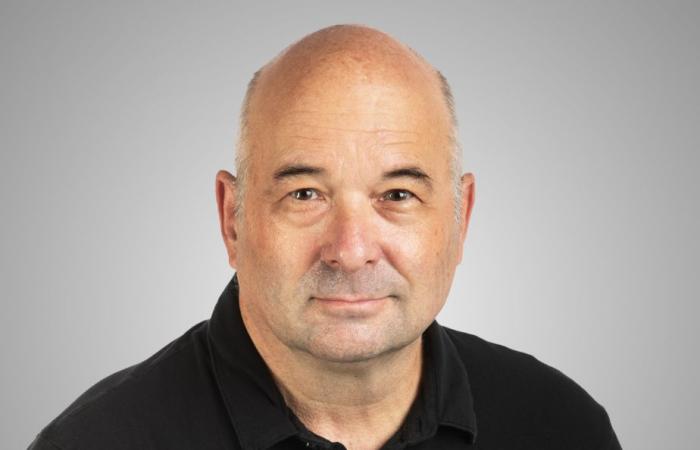The chiefs of the Parti Québécois and the Bloc Québécois who darkened in the public square on the strategy that the sovereignist movement should adopt? Basically, it’s been 30 years … and even more than it lasts.
Posted at 6:00 a.m.
It is not so much a chicane in substance as on the strategy. There have always been sovereignists in a hurry and other timids.
At first, they were internal baffles to the Parti Québécois. With the Bloc Foundation, we saw two “brothers” parties “, the youngest of which wanted to embody” another way of being sovereignist “.
The Parti Québécois has always been the flagship of sovereignty. And this is where the debates started. Should we make sovereignty the issue of each election? Or promise a “good government” and make the referendum later in the mandate?
This internal debate at the PQ has taken all kinds of forms; But it was always, for the most part, the “pure and hard” against the “stupists”. Or, variant, those who wanted sovereignty-association and those who wanted sovereignty without association.
In the 1970s, after two electoral defeats, the debate opposed those who still wanted to initiate the process leading to sovereignty from the election of a PQ government and those who wanted to proceed in stages: to hold elections on governance challenges, then a referendum on sovereignty later in the mandate.
Towards the end of the 1980s, when Pierre Marc Johnson became head of the PQ, the same chicane resumed, between those called “caribou” and “kangaroos”.
For the record: caribou were treated those who were “ready to drown in the river for sovereignty” – in reference to this herd of 10,000 caribou who had drowned in the Caniapiscau river in 1984.
The kangaroos wanted – according to their opponents – “hide the sovereignist option in their little pocket”. But, basically, it was always the same debate.
Shortly before the 1995 sovereignty referendum, the debate resumed, but this time between two distinct political parties. The Parti Québécois and the new Quebec Bloc, created shortly after the resignation of Lucien Bouchard from the Mulroney government.
-The PQ, then led by Jacques Parizeau, took power by promising a quick referendum, but the block and Bouchard were less pressed and, above all, wanted an opening to a possible association with Canada. What they will end up getting.
All this to show well that life in the sovereignist movement is not simple, especially when it is necessary to reconcile two parties which live in two parliaments with very different uses.
This is what makes it not very difficult for the chief of the Parti Québécois, Paul St-Pierre Plamondon, to complain openly the Bloc Québécois strategy during the last electoral campaign.
For him, saying that the block was ready to collaborate with the new Prime Minister Mark Carney was the equivalent of “pulling himself in the foot”, because it does not help the sovereignist cause to see the block wanting to “operate Canada”.
First, it is to deny the action of the Bloc Québécois since its foundation. Lucien Bouchard was the first to recognize him, the block could never win by promising to harm Canada’s governance. All the chiefs of the block, from Bouchard to Duceppe and then in Blanchet, have always held this political line.
But above all, it reveals to us how the Parti Quebecois of PSPP intends to carry out the 2026 electoral campaign. “The strategy adopted by the Bloc, which validates Mark Carney as a collaborator with Quebec, set limits in what the PQ could do,” he said at the start of the week.
We will immediately note the word responsible for “collaborator”. It should also be noted that the PQ chief still intends to consider Mr. Carney as “an existential threat to Quebec” before his government is even sworn in and that he has presented his political program in a discourse from the throne.
It is one thing to want to convince Quebecers that sovereign Quebec would be a better country to live, but it is something else than practicing burnt earth politics, where any adversary is an “existential threat” and where there is only a possible path. Especially since in the era of Donald Trump, it would still be prudent to go soft with existential threats …
Currently, the Parti Québécois is at the top of the polls for the next elections, but it seems to cap a third of the votes. In a five -party struggle, it would possibly be enough to obtain a plurality of seats in the National Assembly.
But the referendum promised by the PQ for before the end of the decade would be far from being won. And it’s not with shortcuts like “Do not hold a 3e Referendum is equivalent to losing it ”that we will convince Quebecers to vote yes.
What do you think? Express your opinion






